Introduction
Matcha is a type of green tea that has gotten very popular in the past few years. It contains high amounts of antioxidants and decent quantities of vitamins and minerals, which is why it’s seen as a ‘superfood’. But can dogs eat matcha? Is there any possibility for it to put their health in danger?
Read on to find out the answer!
Is Matcha Good for Dogs?
Antioxidants
Matcha contains catechins, a type of antioxidants that have been found to prevent chronic disease and inflammation. Antioxidants have a great reputation when it comes to preventing aging, too, which means that your dog will suffer less in their senior years.
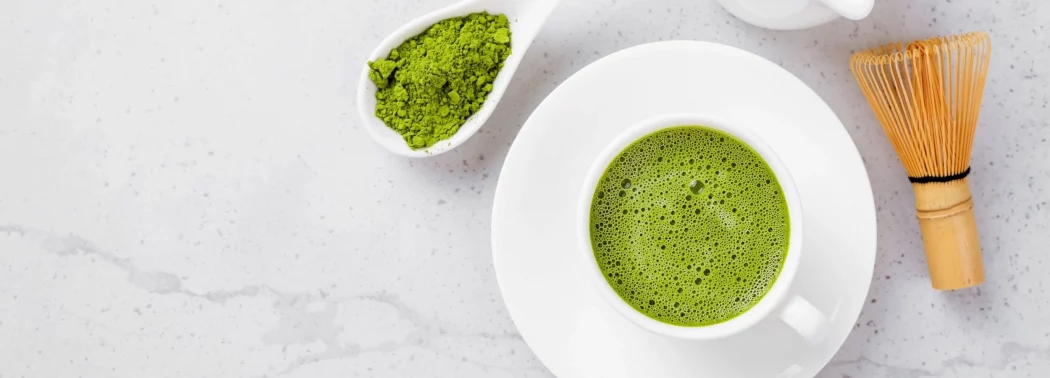
Minerals
Believe it or not, just 1 gram (or half a teaspoon) of matcha green tea contains quite a bit of minerals, such as calcium (4.2 mg), phosphorus (3.5 mg), potassium (27 mg) and magnesium (2.3 mg).
Matcha also contains small amounts of zinc and iron. All of these nutrients positively influence your dog’s metabolism in the way the nutrients and oxygen are transmitted from one tissue to the other inside their body.
Detoxifying properties
We’ve all heard that green tea is great for weight loss and even improving the digestive transit of people, and it seems that it can do the same for dogs.
It also has positive effects on both kidney and liver health, by stimulating the elimination of toxins that your dog might have been exposed to from kibble (artificial substances like colors, preservatives, and binders).
Is Matcha Bad for Dogs?
Caffeine
This is perhaps the most significant risk you are exposing your pet to when giving them matcha. As you probably know if you have been a dog owner for a while now, dogs are not supposed to have coffee or any other beverage or product containing caffeine.
On the one hand, this is due to the fact that they haven’t had it before, so the way they could react to it is impossible to predict. On the other hand, caffeine considerably influences your pet’s cardiovascular system to the point that it can cause severe hypertension and heart palpitations.
Like any other type of green tea, matcha contains caffeine, so you should definitely not make a habit out of giving it to your dog.
Possible digestive distress
Depending on the exact type of product containing matcha that you give your pup, they might experience an episode of vomiting or diarrhea.
Take matcha ice cream, for example, which not only contains the green tea itself but also dairy (rich in fat) and sugar. Dogs are not supposed to have such foods, and the various ingredients in them can cause a spike in their blood sugar or in some cases, even acute pancreatitis.
How Much Matcha Can My Dog Eat?
The toxic dose of caffeine is 20 mg per kg/2.2 pounds of body weight. So that means that you should look at the label of the matcha you have purchased and see how much caffeine is listed per 100 grams.
Most people use a teaspoon or half of a teaspoon when making their matcha drink in the morning, and this amount is usually not dangerous for dogs. What’s good about matcha tea is that very few dogs express an interest in drinking it.
The smell of the drink itself is not very appealing to dogs — it doesn’t even resemble something delicious like bacon. Therefore, the likelihood of your dog actually getting into your pantry cabinet specifically looking for matcha is very low.
How to Prepare and Serve Matcha to Your Dog
Pure matcha should never be given to dogs. Even if your particular pet might find your matcha tea or drink somewhat appealing, you should never give it a taste. The quantity of caffeine in it might be too much for the animal to process properly, and it could cause unpleasant symptoms.
However, that doesn’t mean that you can’t use matcha in other recipes. If you make your own dog treats at home, such as chicken breast nuggets that you bake in the oven, for example, you can add a quarter of a teaspoon of matcha to the recipe.
In other words, it can be a healthy ingredient in your homemade recipes, but it shouldn’t be given to dogs in its original form.

Frequently Asked Questions
No. Besides matcha, ice cream is risky to give to dogs because of its high fat and sugar content. To make things worse, some ice cream manufacturers these days use artificial sweeteners (like xylitol) to make their ice cream appropriate for dieting, and these substances are toxic to dogs.
No. Matcha cookies can be risky because they not only contain sugar but they could also contain chocolate. This is another ingredient that is extremely toxic to dogs, so if you give matcha cookies to your pet, you might end up at the emergency vet clinic.
If we are discussing the powder used as an ingredient in homemade dog treats, the answer is yes. If you’re referring to actual tea or matcha drinks, the answer is no, because this form is too concentrated and contains too much caffeine for it to be healthy for dogs.
Summary
So, can dogs have matcha? While this type of green tea isn’t toxic to dogs, it is quite risky, so we recommend steering clear of it. You can get pet-appropriate antioxidant and mineral powders from any pet store and sprinkle it to your dog’s kibble or canned food.
For any dilemmas or questions, you might have about dog nutrition, do contact your veterinarian. They are the best person to ask in this case, since they are aware of your dog’s health status and whether your pup has medical conditions that might make matcha completely inappropriate for them.
Sources
- Exposure and Toxicity of Green Tea Polyphenols in Fasted and Non-Fasted Dogs, I.M. Kapetanovic et al, 2010
- Scientific Opinion on the Safety of Green Tea Catechins, Maged Younes et al, 2018
- Acute Diarrhea in Dogs: Current Management and Potential Role of Dietary Polyphenols Supplementation, Alessia Candellone et al, 2020
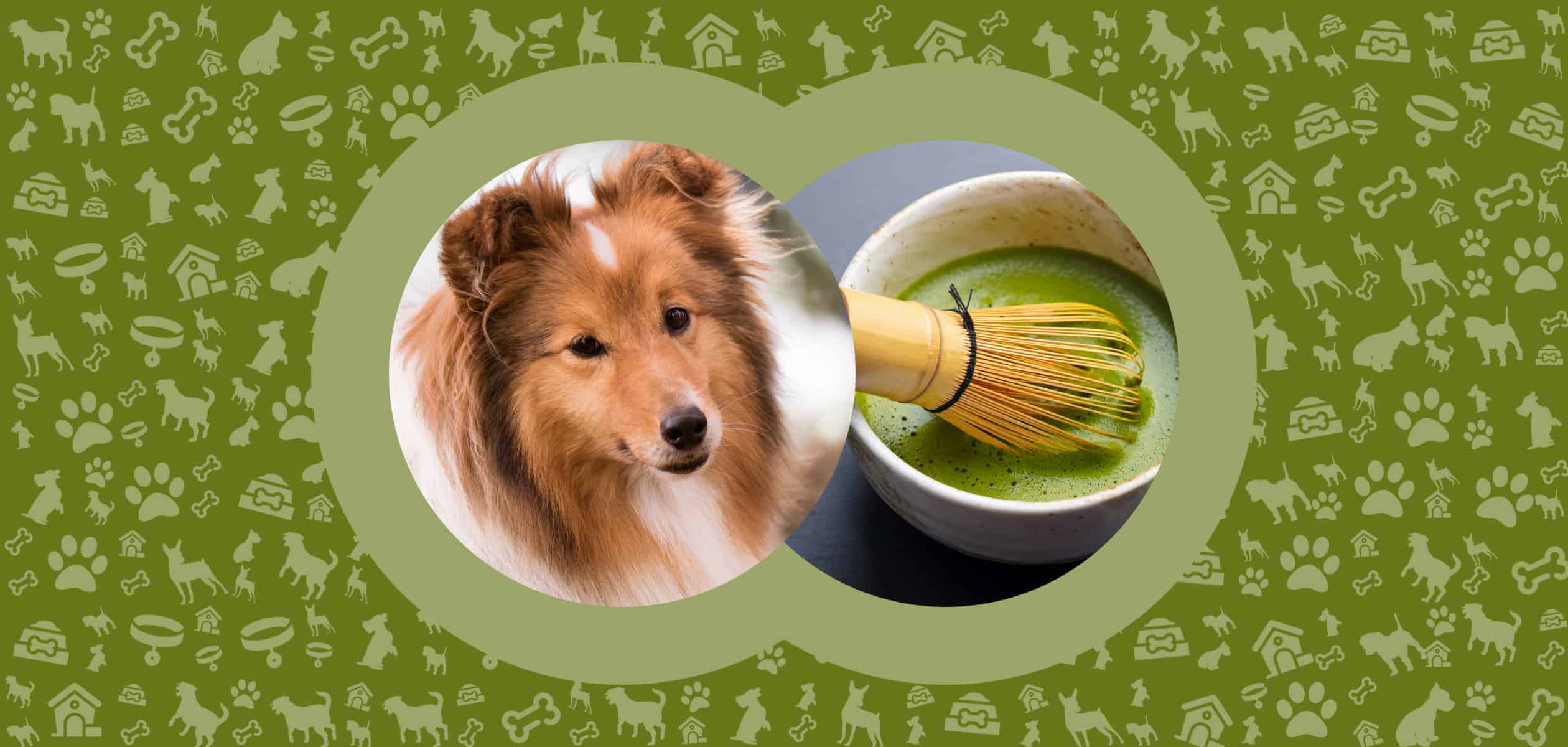
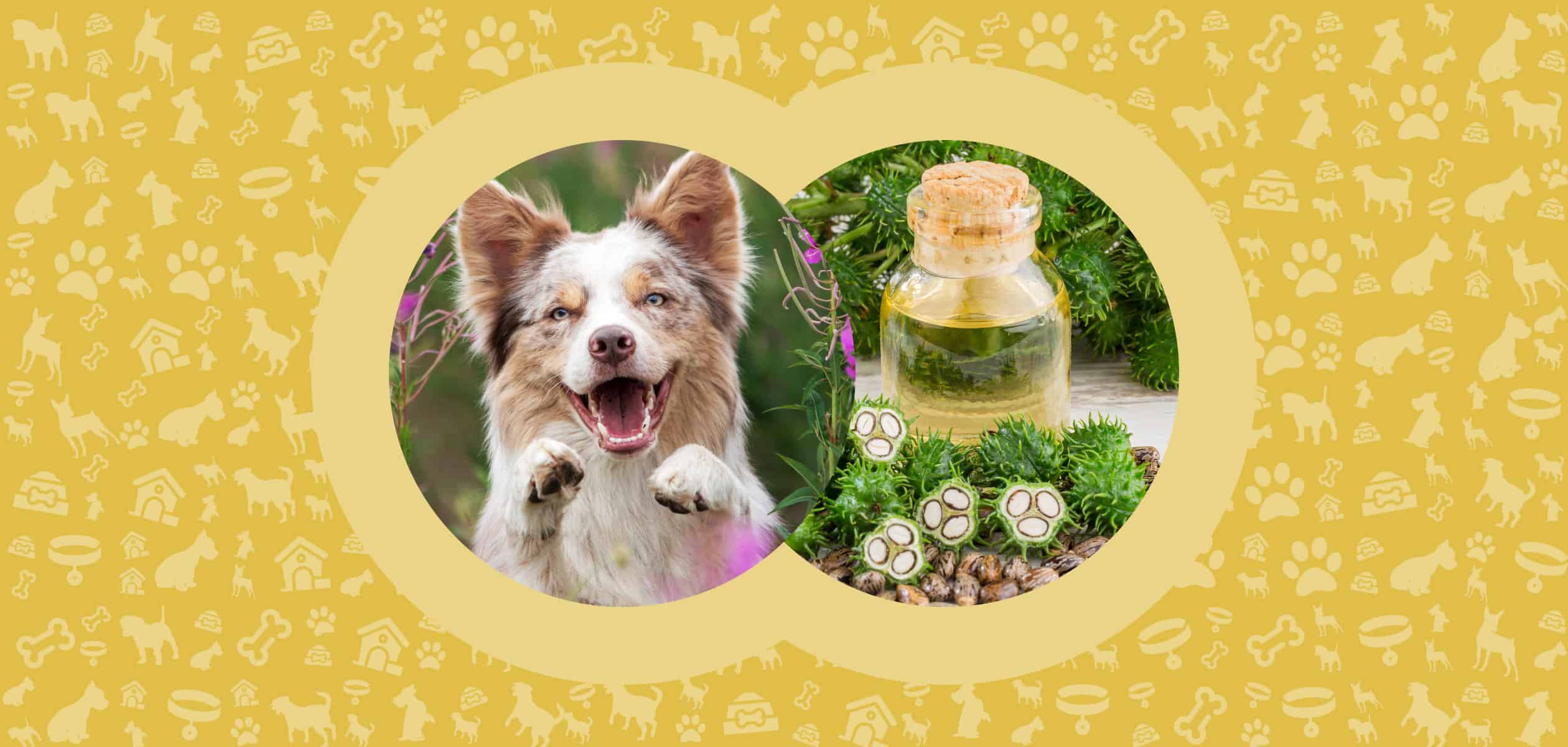

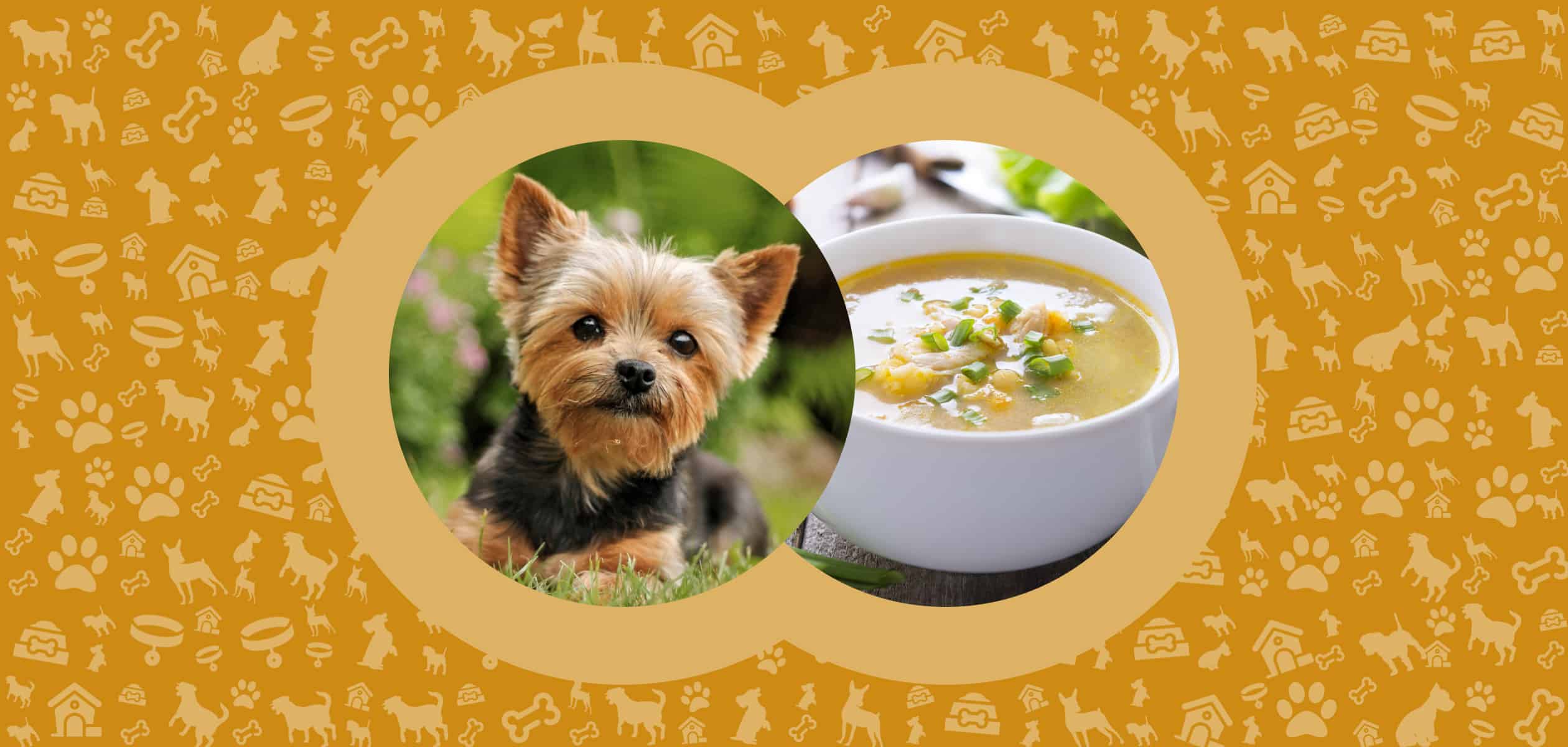
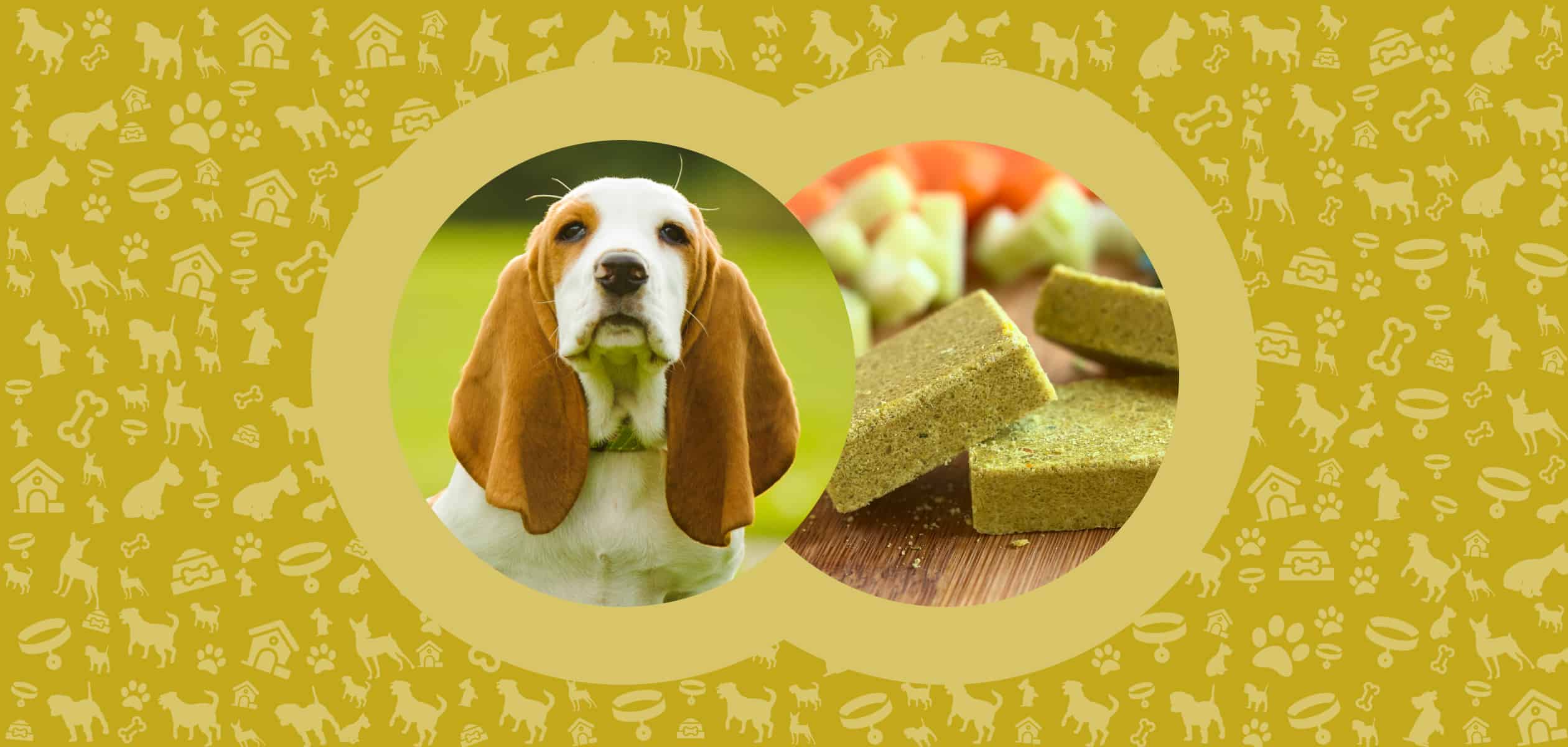
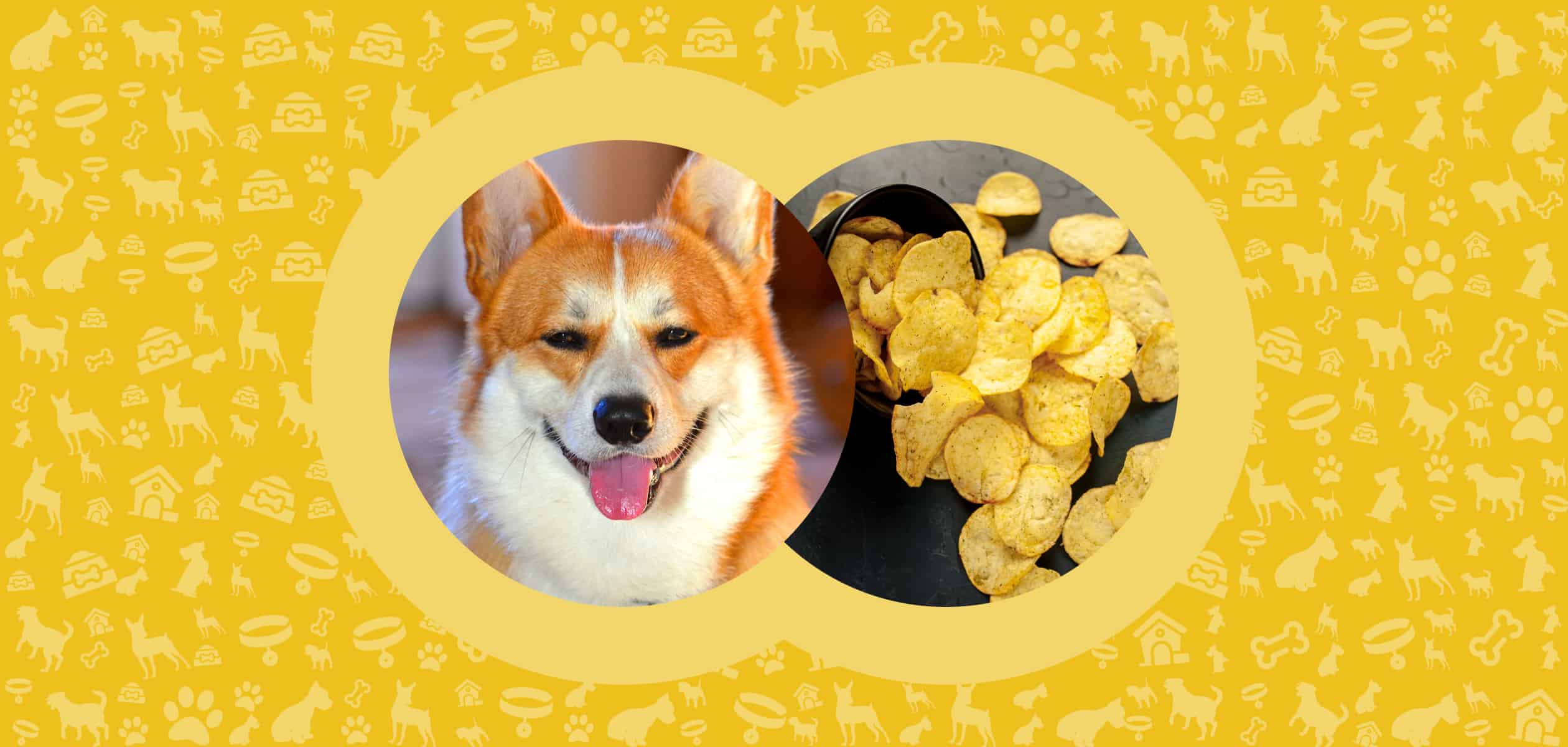
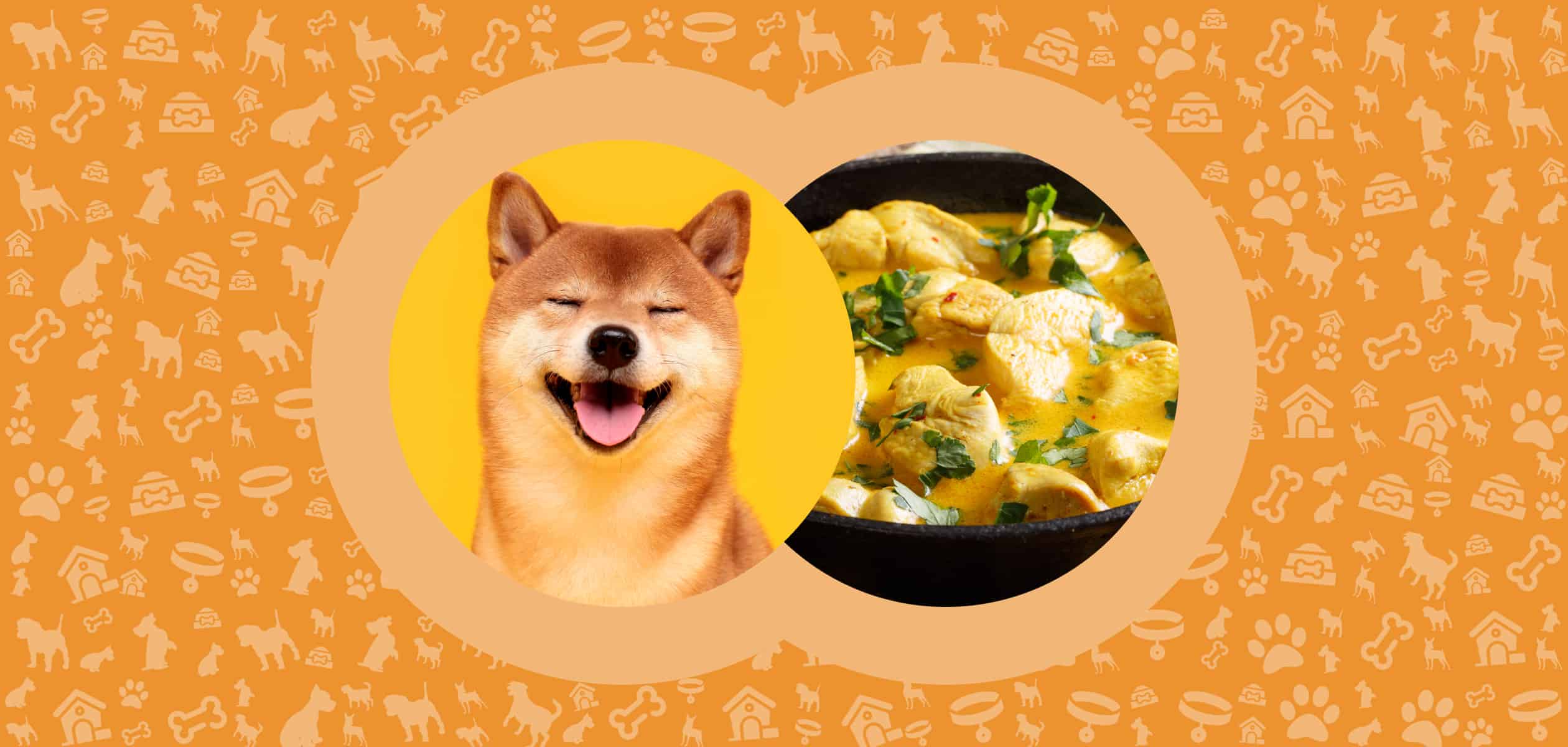
Leave a Comment